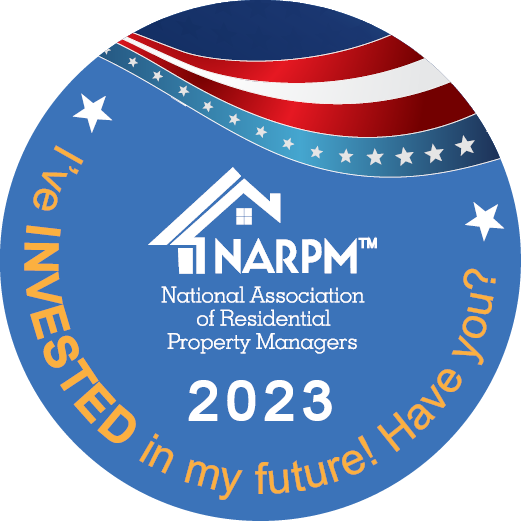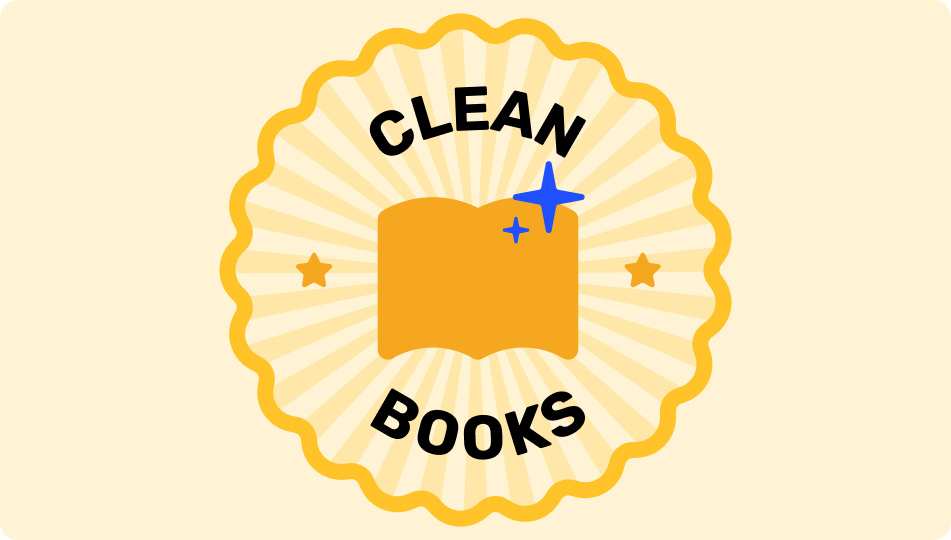Over 35% of households in the United States were renters at the start of the pandemic. As a landlord, finding the perfect tenant is a challenge for many.
The perfect tenant treats your property as their own by adequately maintaining it as necessary. They also pay the rent in full and on time every month without fail.
Keeping these good tenants is vital to protect your real estate investments. That's why knowing more about the lease renewal process is so important.
If you want to keep your dream tenant from getting away, keep reading to learn more about lease renewals. Here's what you should know as a property owner.
1. Decide the Lease Renewal Deadline
One of the first things you need to do when navigating lease renewals is to decide the lease renewal date. This is the date your tenant needs to accept the new lease.
Typically this is 90 days, but ensure you check with the local laws in your state. Some states dictate longer or shorter periods, and you want to remain compliant.
2. Craft a New Lease
When renewing a lease, if anything regarding the rental agreement has changed, for example, suppose you're allowing pets where before you weren't, you need to draft an entirely new lease for your tenant to sign. This is required even if the changes are minor.
Remember to include all the relevant changes to information about the rental, such as rent price, rental terms, etc. Again, review your state law before finalizing the new draft to remain compliant with state laws regarding rentals.
3. Send a Lease Renewal Reminder
Once you've decided on the lease renewal date, it's time to send your tenant a reminder that the lease is coming up for renewal soon. In this email, ensure you clearly state the lease renewal period or deadline.
This is so your tenants are aware and understand what's required of them if they want to stay or leave. Additionally, you should also include the lease renewal date in the new lease.
4. Get It Signed
The final step when handling lease renewals is to get it signed. Remember, for it to be binding, it must be signed by all parties involved. This means it must be signed by all the tenants listed on the lease and by you as the property owner.
Once you've sent the new lease agreement with the lease renewal reminder, your tenant has time to decide whether or not to renew. If all parties are happy and the new lease is signed, you can file it away until next year.
- Pro Tip: Don't forget to give your tenant a copy of the signed lease
5. Consider a Property Management Company
Finally, if lease renewals are eating into your time, consider hiring a property management company to handle this and more. A property manager will liaise with your tenant, manage rent collection, handle maintenance queries, and look for new tenants, giving you more time to deal with more important things.
Lease Renewals: Explained
Keeping a great tenant is vital to any property owner. It makes the rental process much smoother, and you can trust that your property is being treated respectfully, which is why lease renewals are so important.
When this time comes around, decide on a lease renewal deadline, draft an updated lease, and send it with a lease renewal reminder to your tenant. Hopefully, they will return a signed copy so you have them for another year.
If handling lease renewals, rent collection, etc., is too much effort, we're here to help. Contact us today if you're in Charlotte, NC, for our full property management services.















